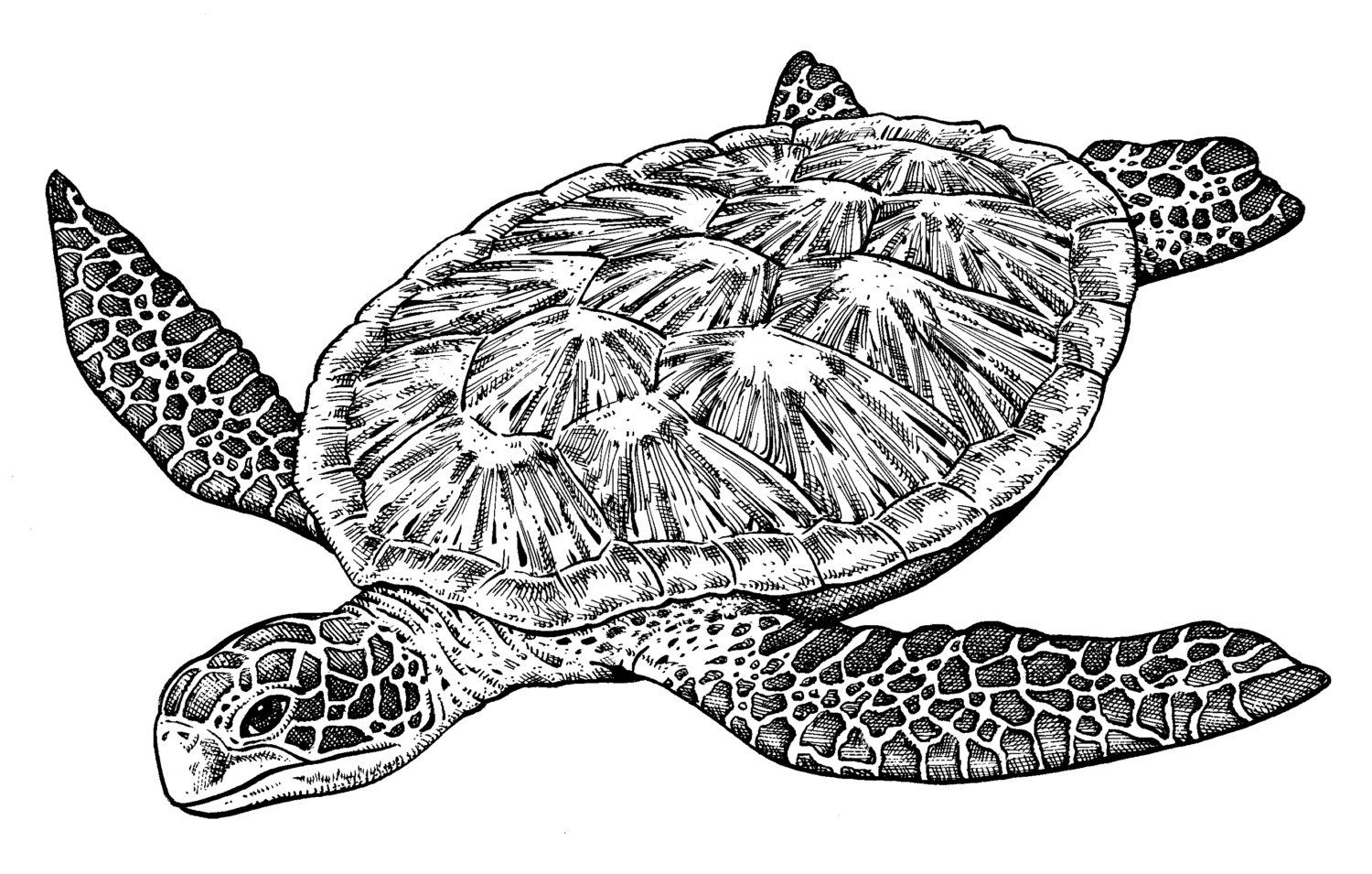Did you know that half of all seabirds and turtles have plastic in their stomachs? Turtles mistake plastic bags and wraps for jellyfish, their favourite food. Seabirds feed plastic pieces to their babies. Big ocean feeders like whales scoop up plastic along with the plankton that they eat.
Once ingested, sharp plastic pieces can cause internal injuries, or the plastic builds up in their stomach until they can’t digest food. Sadly, the animals will slowly starve and die.
Single-use items like plastic cutlery, straws, bottle caps, take-away containers and plastic bags are just some of the many items that get eaten by animals.
By banning dangerous plastic items like these and choosing safer alternatives, we can save animal lives.
